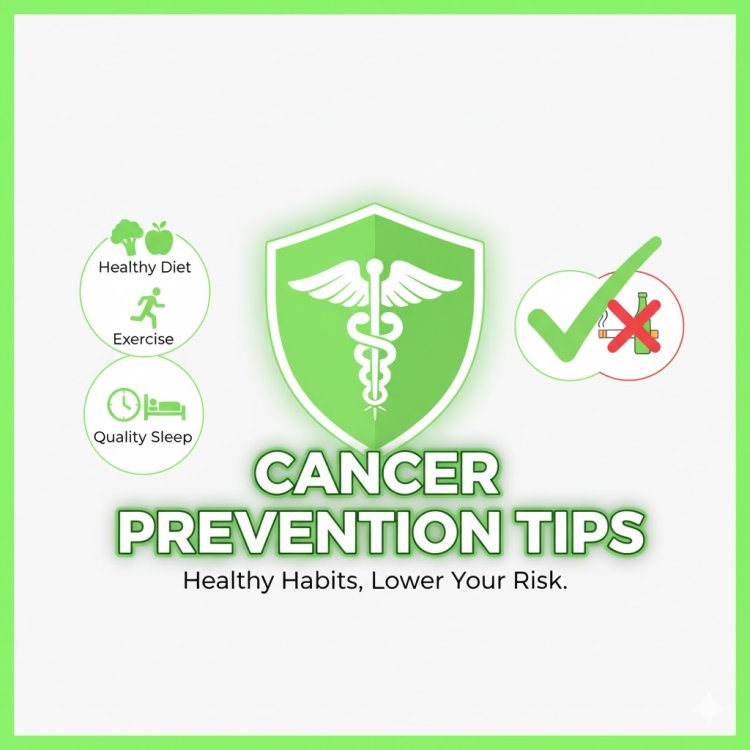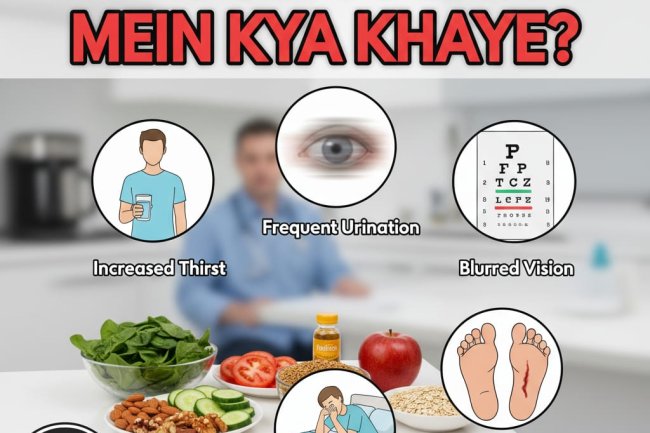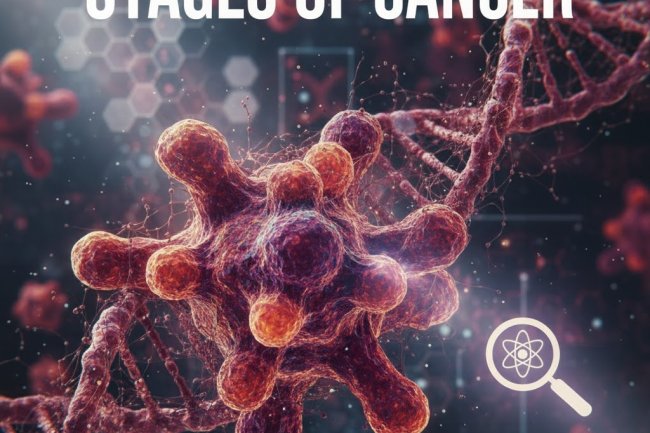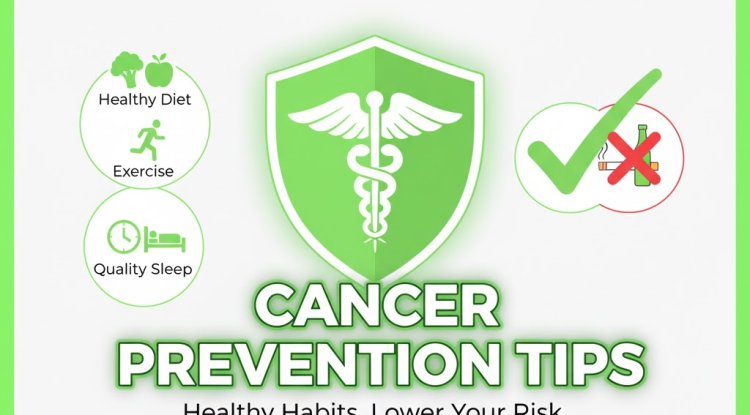Top Cancer Prevention Tips
Here are clear, practical, and evidence-based cancer prevention tips you can start applying right away:

Top Cancer Prevention Tips
1. Don’t Use Tobacco
-
Avoid smoking and smokeless tobacco.
-
Stay away from secondhand smoke.
-
Tobacco is the leading preventable cause of cancer.
2. Maintain a Healthy Weight
-
Aim for a BMI in the healthy range.
-
Excess body fat is linked to at least 13 types of cancer.
3. Eat a Healthy Diet
-
Focus on whole foods: fruits, vegetables, whole grains, legumes.
-
Limit processed meats (like bacon, sausage) and red meats.
-
Reduce sugary drinks and highly processed foods.
-
Choose healthy fats (olive oil, nuts, seeds).
4. Stay Physically Active
-
Aim for at least 150 minutes of moderate or 75 minutes of vigorous exercise weekly.
-
Activity lowers risk of breast, colon, and endometrial cancers.
5. Limit Alcohol
-
The less you drink, the lower your cancer risk.
-
Alcohol is linked to breast, liver, colorectal, throat, and other cancers.
6. Protect Your Skin
-
Avoid excessive sun exposure.
-
Use sunscreen (SPF 30+).
-
Avoid tanning beds.
-
Wear protective clothing.
7. Get Vaccinated
-
HPV vaccine → prevents cervical, anal, throat, and other cancers.
-
Hepatitis B vaccine → reduces liver cancer risk.
8. Avoid Exposure to Carcinogens
-
Reduce exposure to harmful chemicals at home or work (asbestos, benzene, diesel exhaust).
-
Follow safety practices in occupational environments.
9. Practice Safe Sex
-
Reduces risk of HPV and HIV.
-
Using condoms and limiting number of partners lowers infection-related cancer risks.
10. Get Regular Screening Tests
Screenings catch cancer early—when it’s easier to treat:
-
Breast cancer (mammograms)
-
Cervical cancer (Pap + HPV tests)
-
Colorectal cancer
-
Lung cancer (for high-risk smokers)
-
Prostate cancer (for some age groups)
11. Manage Chronic Conditions
-
Treat inflammation-related diseases (e.g., colitis).
-
Manage diabetes and obesity.
-
Keep the immune system healthy.
12. Reduce Stress & Improve Sleep
Chronic stress and poor sleep indirectly affect cancer risk through hormonal and lifestyle changes.
What's Your Reaction?





















